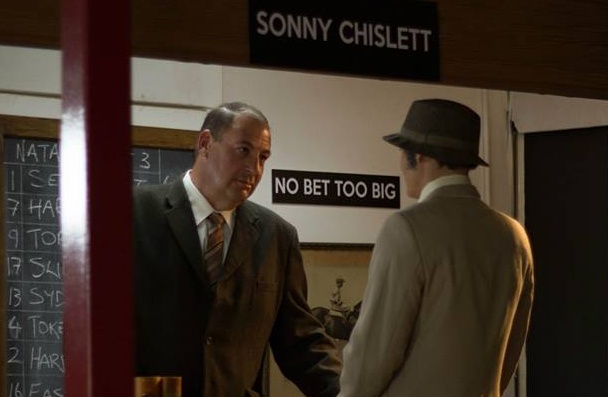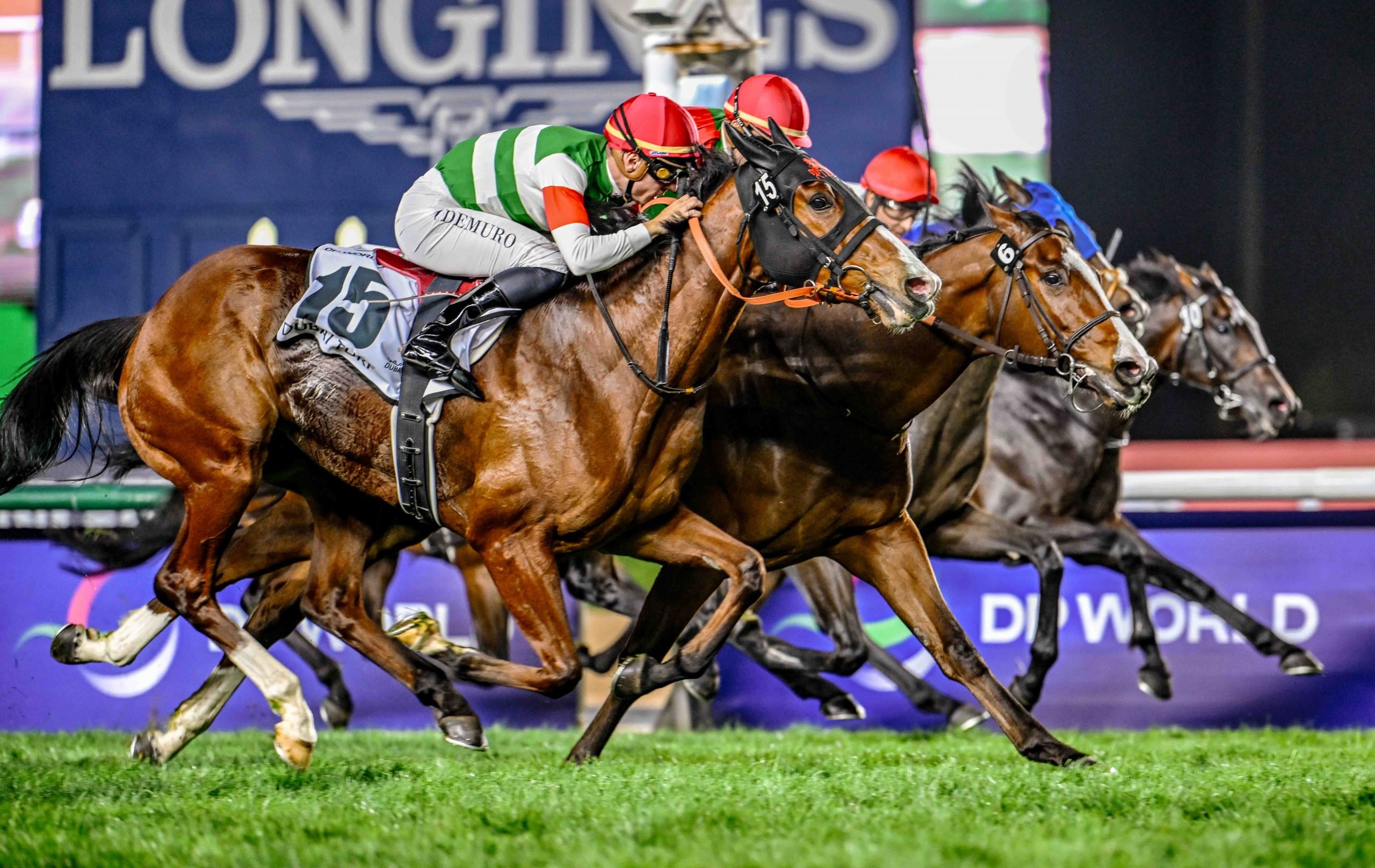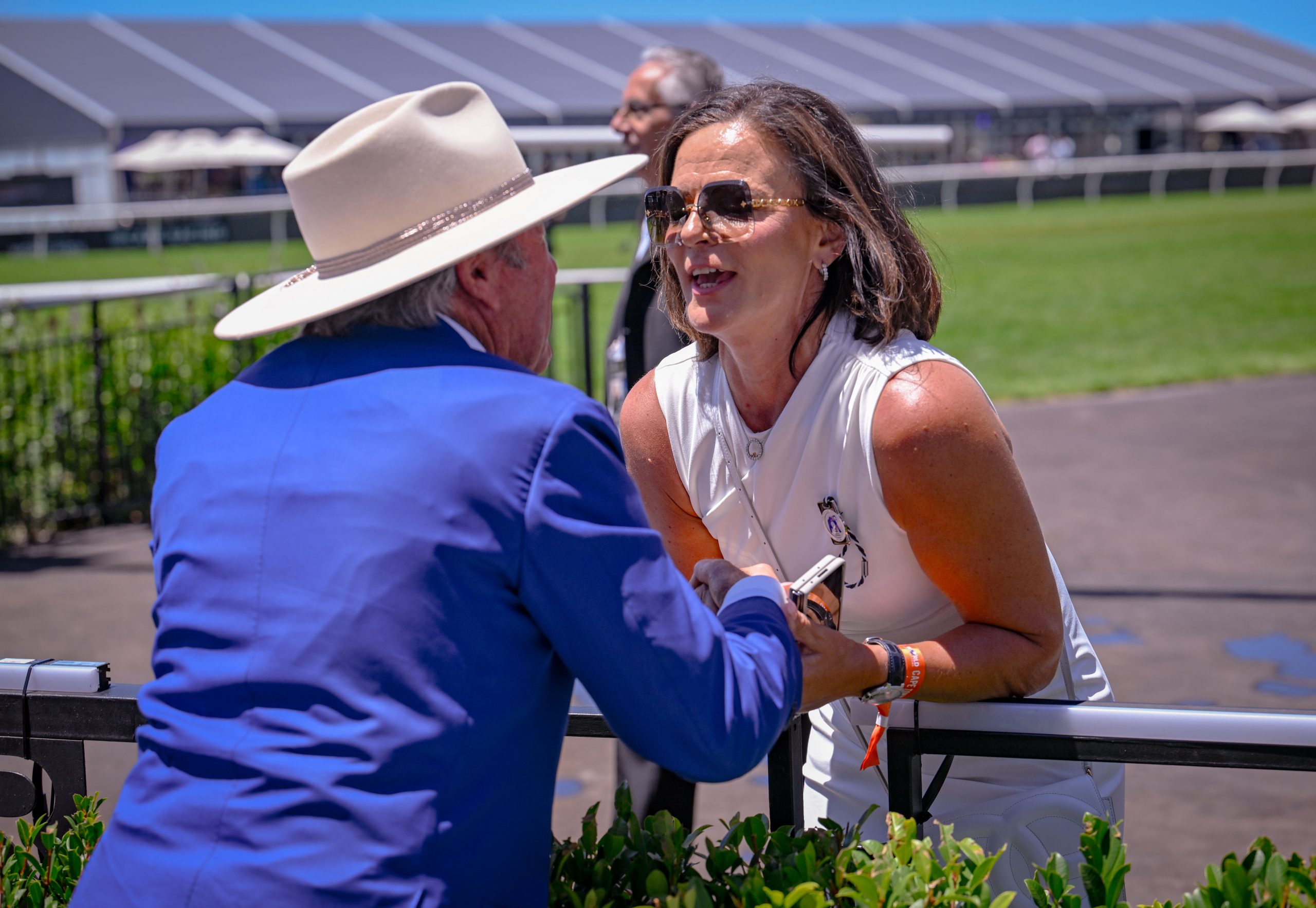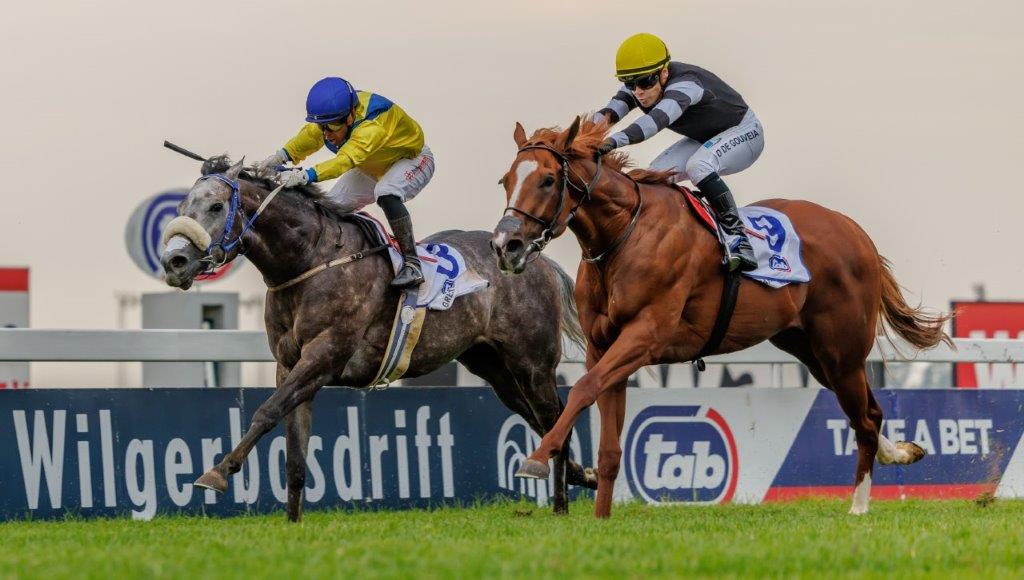Last week the Sporting Post received the following reader’s question: “Do the bookmakers contribute towards the running of the sport or do they just benefit from it?” It is a fair question and a subject that not many people seem to understand very well, so I thought I’d try and find out more.
Bookmakers have always enjoyed a less than wholesome image and one that has become even less flattering during the current turbulent times faced by our local industry. However, they’re not only maligned locally. Social anthropologist Kate Fox, in her treatise on the racing industry titled ‘Racing Tribe’ described them thus:-
Other key members of the racing tribe include jockeys, whose social position can be compared to that of tribal warriors – trainers, who have the prestige and mystery of shamans or witch-doctors – stewards and officials, the tribal elders; bookmakers, a marginalised caste performing a scapegoat function not unlike that of medieval ‘sin-eaters’ – journalists, the scribes and oracles of the racing tribe and owners, many of whom are no longer from the privileged classes, but who enjoy vestiges of traditional deference at the races because of their connection with the ‘totem animal’.
So, what are bookmakers all about and more importantly, do they contribute anything towards the running of the sport? I thought it was a good question and decided to see what I could find out.
A little history
Bookmakers have been around in an official capacity for at least 75 years. The first recorded minutes of the Bookmakers’ Society date back to November 1951 and include names like Wellbeloved and Freeman. Prior to 1996 betting on racing was the only form of legalised gambling in South Africa.
The Government and private sector entered into a “partnership” to create a betting product that would be sustainable and generate taxation revenue for the fiscus. It should be said that the horseracing industry is one of the luckiest in that its one of the very few that receives government taxes to assist in its sustainability. Especially in a climate of unemployment and failed service delivery! Gambling licenses were issued to the racing operator to run a totalisator as well as to bookmakers. Whilst all gambling licenses were limited in issue, totalisator licenses were exclusively issued to the racing operator and operators have continued to enjoy this exclusivity for over 15 years. It could be said that Government created a “regulated monopoly” in horseracing that has remained in place until today.
Regulated Monopoly
There are 3 major components to the regulated monopoly: the racing operator, the totalisator and the bookmaker. In recognising the regulated monopoly, its competition risk and the need to sustain racing, government did several things.
Firstly, it linked the grant and operation of the totalisator licenses to the running of the race course operation license (i.e. you can’t have a tote license with which to bet without putting on races). This ensured the creation of an event for bettors to bet on.
Secondly, the government granted the totalisator the right (contained in law) to take out 25% of the tote pool to be used for sustaining the costs of racing or “putting on the show”. This was always understood to be the mechanism for the funding of the sport. In exchange government would tax the pools on a reasonably low rate thereby generating returns for the fiscus – in essence, a public private sector partnership.
Thirdly, totalisator licenses were treated as exclusive for over 15 years.
Lastly, bookmakers were licensed to bet on live horseracing events and in return for the use of the racing image, they were required by government to tax winning bets to the bettor/punter at 6%. The taxation generated by the bookmaker was then shared equally between the government and the racing operator on a 50/50 basis (50% of the 6% tax = 3% each).
Comparison
Against this backdrop it’s important to understand that for a bookmaker to fulfil his/her role in the generation of taxes (which pays for his/her use of the image), a bookmaker must accept a bet. The nature of a bookmaker’s business is to buy and sell risk. This risk is expressed in the form of odds that are offered on the outcome of the event. The return to the bookmaker is of course impacted by result of the event.
How much do they ‘take out?’
Published national gambling statistics reflect that on average a bookmaker receives an 11% gross margin on turnover. If we’re comparing apples with apples, this is less than half of what the tote is allowed to take out. And of course the Tote amount is guaranteed and is not result dependant. Therefore, in order for a bookmaker to try and match the tote returns, he has to double his turnover on bets placed when compared to the tote, to generate the same gross profit, from which he must pay his overheads.
How much do they contribute?
Figures published by the operator for the last financial year state that bookmakers generated R208 million in taxes on a national basis. Because of the 50/50 agreement, half of that – R104 million – was returned to the operators. This was distributed as follows:-
Phumelela – R 54 million
Gold Circle – R 34 million
Kenilworth Racing – R 16,8 million
Tellytrack – a precis
Tellytrack was born from a recognised need to take the racing product from the race course and into betting shops (replacing the landline or audio commentary) and peoples’ homes to make it more accessible to the betting public. The racing operator (holding exclusive tote licenses) and the bookmakers got together and agreed that everybody should share in the costs of carrying the broadcast as everybody would benefit. So Supertrack/IGN (now known as Tellytrack) was launched.
The channel ran for over 12 years on the agreed principal of a break-even basis, jointly carried by equal contributions by the totalisator operator and the bookmakers. Each paid a fee “per shop” to cover the broadcast costs of receiving it off course and parties contracted on that basis. To put some numbers to that, in terms of the last 3 year contract, bookmakers have contributed directly to those broadcast costs to the tune of approximately R18 million per annum (this is over and above the R104 million that they generate for the operators in tax).
While the bookmakers contribute towards the operational costs of Tellytrack as per the long-standing agreement, the product is owned by the Operator. The Operators then sell it on internationally for a profit via picture rights and co-mingling and retain all those profits which they return to their bottom line.
But wait, there’s more
Part of what has caused the current fight between the two parties is the fact that Tellytrack (in which Phumelela owns a 61% majority share) wanted to increase Bookmakers’ license fees for live racing coverage, citing that the increases were required to cover the costs of obtaining the international picture.
According to the signed minutes of a meeting held on 29 November 2002 between Tellytrack’s board of directors (some of whom are still in office today) and the National Bookmakers Association, the “racing companies accepted the principle that 3% of winning bets paid by Bookmakers to racing companies on international racing would be passed on to the applicable supplier of the international picture”. Interestingly, according to some of the documentation that has been lodged in the course of the various legal wranglings, it is alleged that Tellytrack has not been passing this agreed 3% on to its foreign suppliers. Which then makes the argument for hiking the fees look a little, well, odd. And makes one wonder what they have been doing with that 3% in the meantime.
Unlike bookmakers, the totalisator / racing operator has been allowed to maintain exclusivity in operational tote licenses. It has also been allowed to enter into the fixed odds market and compete directly with the Bookmaker offering the same fixed odds product. In fact, the operators own a large number of bookmaking outlets themselves (50 + in Betting World and 6 for Gold Circle’s Track and Ball). Putting all the sectors of the business together, generates handsome profits and returns handsome dividends to shareholders or in Gold Circle’s case, to reinvest into the business.
Conclusion
At the end of the day, racing is funded by the punter, but if you do choose to bet via a bookmaker, then it is probably important to know that your friendly bookie pays 6% of your wager to the government. And the government gives 3% of it back to the operator. This 3% of taxation and the exclusive right to run totalisator were designed to ensure that racing sustains itself.
The bookies also contribute financially to providing the Tellytrack service. And although they could ostensibly be considered an investor in Tellytrack, they have no say in how it’s run or share in any of the handsome income it generates from abroad.
So in conclusion, it would appear that bookmakers do contribute to our local operators via their taxes, to Tellytrack via their licences and also for the international feeds via the agreed 3% that they pay to the operators on winning bets struck on international racing.
There are many out there of the opinion that bookmakers are ‘bad for racing’ and that they ‘only take and don’t give’, but it seems things aren’t quite that clear cut.
Comment
I spoke to Sean Coleman, CEO of the KZN Bookmakers’ Society, who has been at the coalface of the ‘bookies vs Tellytrack’ battle.
“Bookmakers are proud to make a contribution to keeping South African racing operational. Our business has been built on the local industry and we have always been passionate about supporting and promoting local racing. For years now the racing operator has relied on historical loyalty, while their betting business has suffered.”
“Punters are the lifeblood of the industry. Punters are racing’s customers and we believe they deserve to be treated accordingly. Therefore we try to offer more than just a gambling facility and strive to offer a genuine service. Bookmakers have evolved to offer an all-round experience and many betting shops have become akin to the local pub down the road in the UK. You can go have a bet, a meal and a beer with your mates and chew the fat.”
“We have enjoyed a good working relationship with the racing operators up until last year and feel the current actions to be in contravention of long-standing, historically successful arrangements. We are naturally disappointed that things have degenerated to the current point, but we are still optimistic that a solution can and will be found.”










